- 1.26K Posts
- 6 Comments

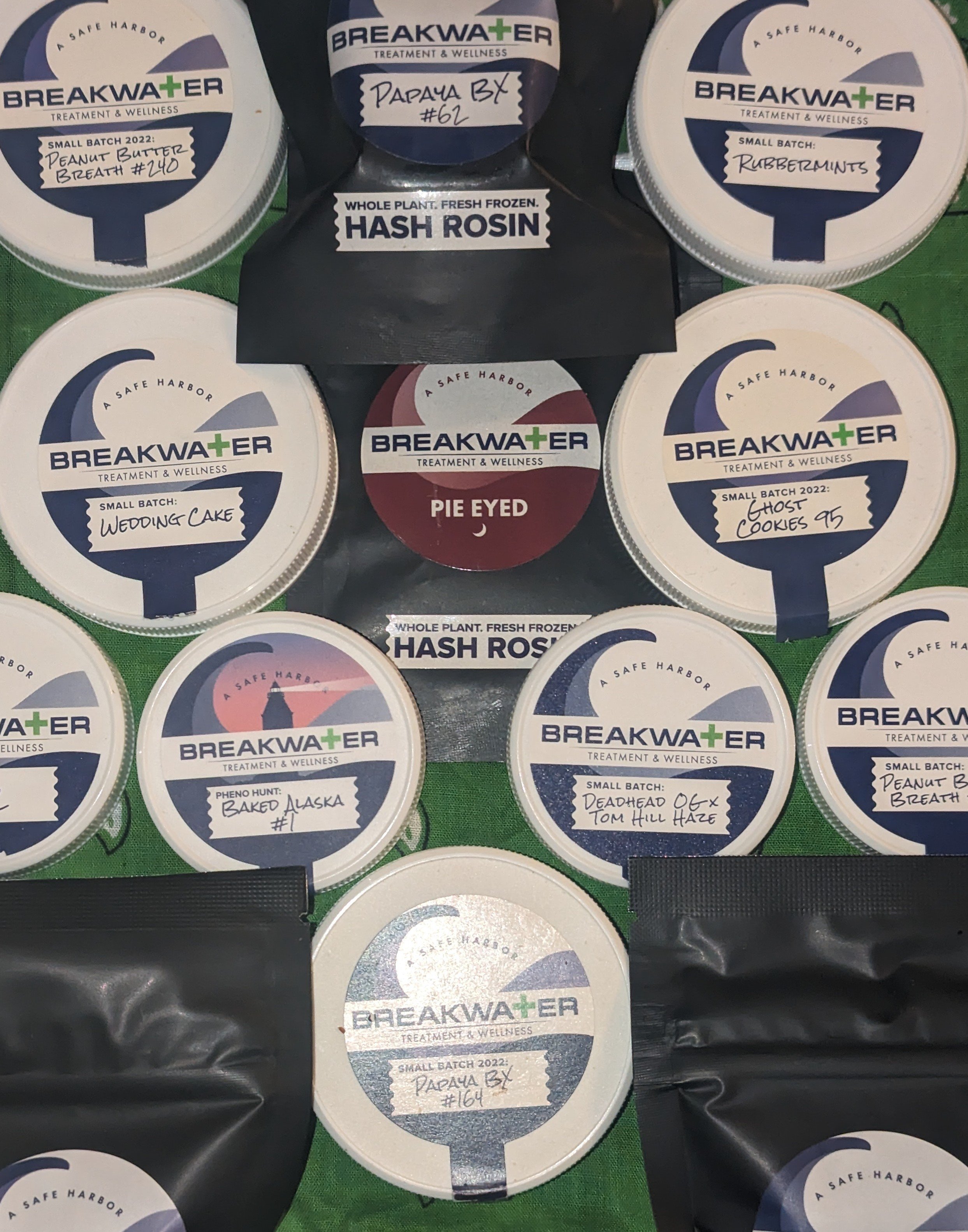 2·6 months ago
2·6 months agoPlenty of people who live in NJ commute to PA, DE, and NY. I try to cover bordering states in addition to federal matters.

 1·6 months ago
1·6 months agoIt’s a high-end Dynavap. Simrell has been making Dynavap stems for nearly a decade now and has worked closely with Dynavap on many projects.

 1·7 months ago
1·7 months agoAll completely fair critiques. Grinders are an obsession of mine, probably 15 that I have currently and dozens over the years. Just to clarify price pre-tax or S&H, currently a small aluminum with three grind plates is US$112 (20% off on the GFL site, one plate aluminum is $70 and change, SS small with one plate is $120) on sale compared to $89.95 for a large Santa Cruz (on POTV and their own site). I don’t get money from any of them, just to be clear.
You’re not the first person I’ve heard say that their BCG got gunked up, but I haven’t heard many in the last five years. The SCS is a solid grinder, produces a grind quality that is comparable, and is also comparable to the BCG as far as resistance to clogging. The BCG’s threadless design is the major point of differentiation and eliminates the only complaint I personally had with the SCS; threads gumming up. Having owned both for 5+ years, I think they are the two best herb grinders that you can buy.
Also, never get a four-piece BCG. That thing was trash. I know people lover the Old Mate Designs grinder, but the ball bearing is gimmicky and it flings ground bud when spun. Any of the grinders mentioned will provide adequate home defense when paired with a sock.

 2·7 months ago
2·7 months agoBud is a friend. I’ve used a stainless-steel version of the BCG for two years. Pounds have gone through it. It hasn’t clogged; turns as good as the day I got it. Yes, the custom ones are expensive and have a long wait time, but for good reason. They use a higher grade of aluminum that any other grinder I’ve found, and their QC is impeccable. Also, Grinders for Life (the company that makes the BCG) offers factory seconds for significantly less, most of which are considered seconds because of color. If you care about your cannabis and how you consume it, this is a worthwhile purchase.

 1·7 months ago
1·7 months agoWeed sold at New Jersey dispensaries from 17 cultivators and manufacturers did not meet state safety standards for things such as mold and accurate labeling, according to a consumer advocacy group that teamed up with a lab to test products. Cannabis products are tested before they reach store shelves. The consumer advocacy group, Safe Leaf — worked with an accredited testing lab and re-tested weed sold at dispensaries. The results showed that nearly 30% of tested products failed and exceeded limits for harmful microbes. NJ Advance Media has agreed to grant anonymity to the testing lab. There were also problems when it came to accurate labeling of THC levels, according to the data. The lab tested 25 pre-rolls from 17 different cultivators and manufacturers. Pre-rolls are cannabis blunts rolled ahead of time and sold to the consumer. Consumer advocates suspect weed that does not meet state standards is sold to the public because cannabis cultivators and manufacturers can get their products tested at labs they believe are less likely to fail them. It is a practice known as “lab shopping.” In response, New Jersey cannabis regulators have revised testing regulations, scheduled town halls on medical cannabis and plan to set up a lab that double checks industry protocols. “Having this test reference laboratory would help bolster product safety and ensure accurate labeling of reports,” Cannabis Regulatory Commission chair Dianna Houenou said in a February public meeting. Before cannabis was sold for recreational use, it was tested by the state, but its labs were simultaneously functioning at the height of COVID. When the market expanded, legislators handed the responsibility over to the private sector. The state in July issued a recall for weed that was contaminated with human hair and insects. Lab shopping is a national problem, said Chris Goldstein, a regional head of NORML, one of the organizations that advocated for New Jersey’s cannabis legalization. “Lab shopping has been endemic in the industry,” he said. Testing controversies have arisen in other states. In New York, lab testing came under scrutiny when products were shown to have inaccurate labeling about how much THC was in a product. A Syracuse.com investigation showed cannabis contained microbial levels 10 to 250 times higher than what’s allowed under the state’s rules for medical cannabis. In March 2025, a judge sided with Michigan cannabis regulators after they were sued by one of the state’s largest cannabis testing labs over a recall. But regulators don’t always win in court, Goldstein said, pointing to 2022, when Pennsylvania regulators recalled cannabis products but eventually had to return the products to shelves after losing a legal battle. The New Jersey Cannabis Regulatory Commission decision to set up a reference lab was a step in the right direction and would insulate them from court challenges, the state decides to go after a company, Goldstein said. Safe Leaf directors Andrea Raible and Michael Boone said they have plans to expand their initiative. Raible is a medical cannabis user and Boone is a teaching specialist at Stockton University’s hemp and cannabis program. Boone said consumer-driven shopper programs complement the market. “We create another layer of safety, another layer of protection,” he said. Consumers should get a role in what a successful market looks like beyond sales numbers, Raible said. “While there is untapped financial potential, it (cannabis) also has the potential to help so many people and it can’t do that unless it’s clean and trustworthy,” Raible said.
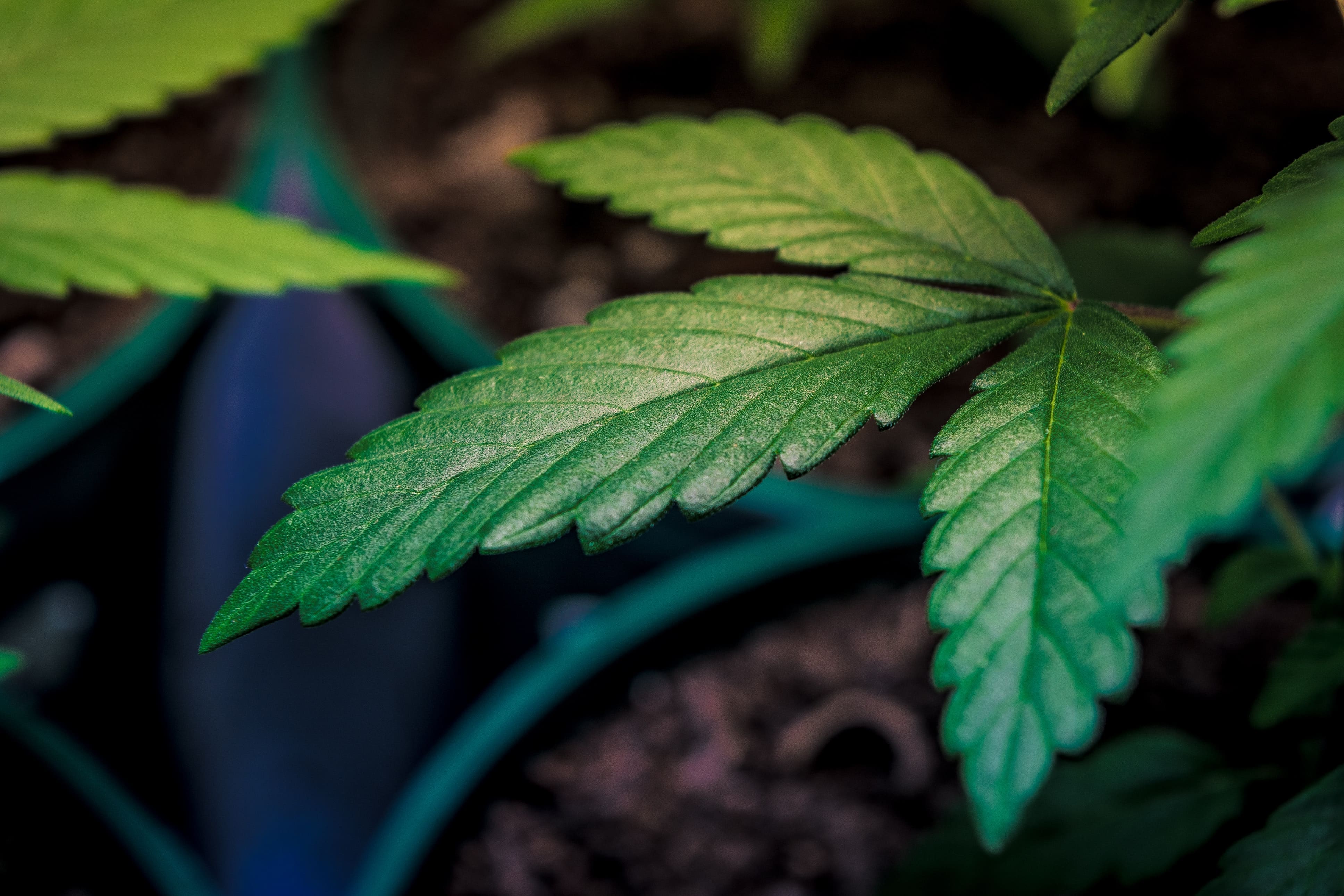
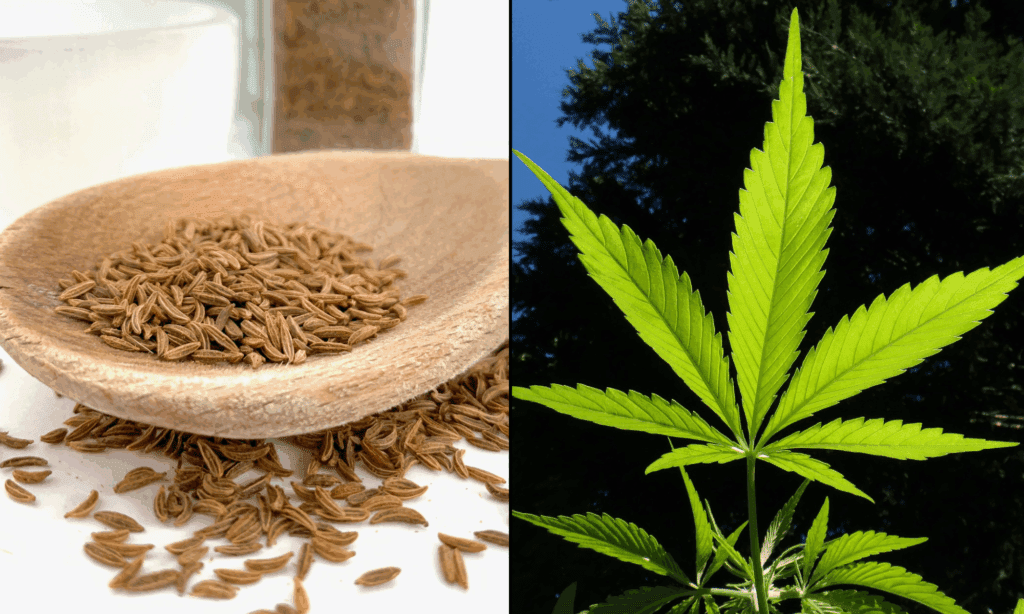
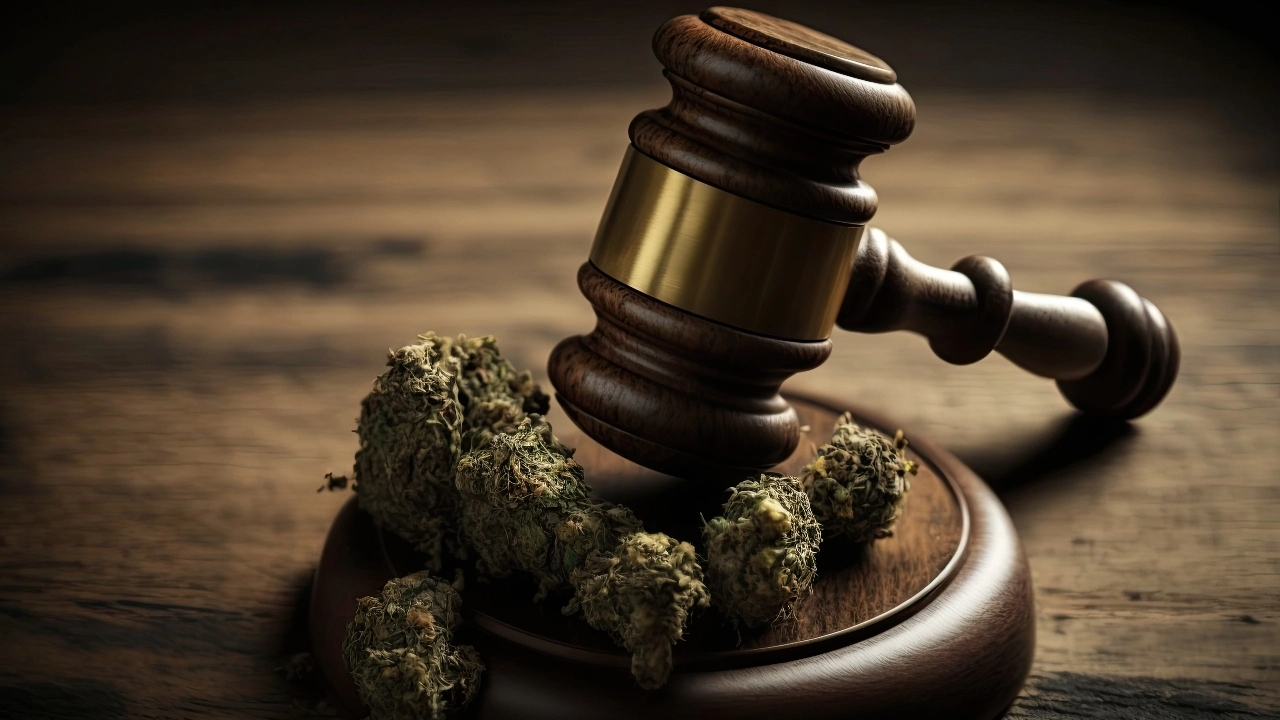
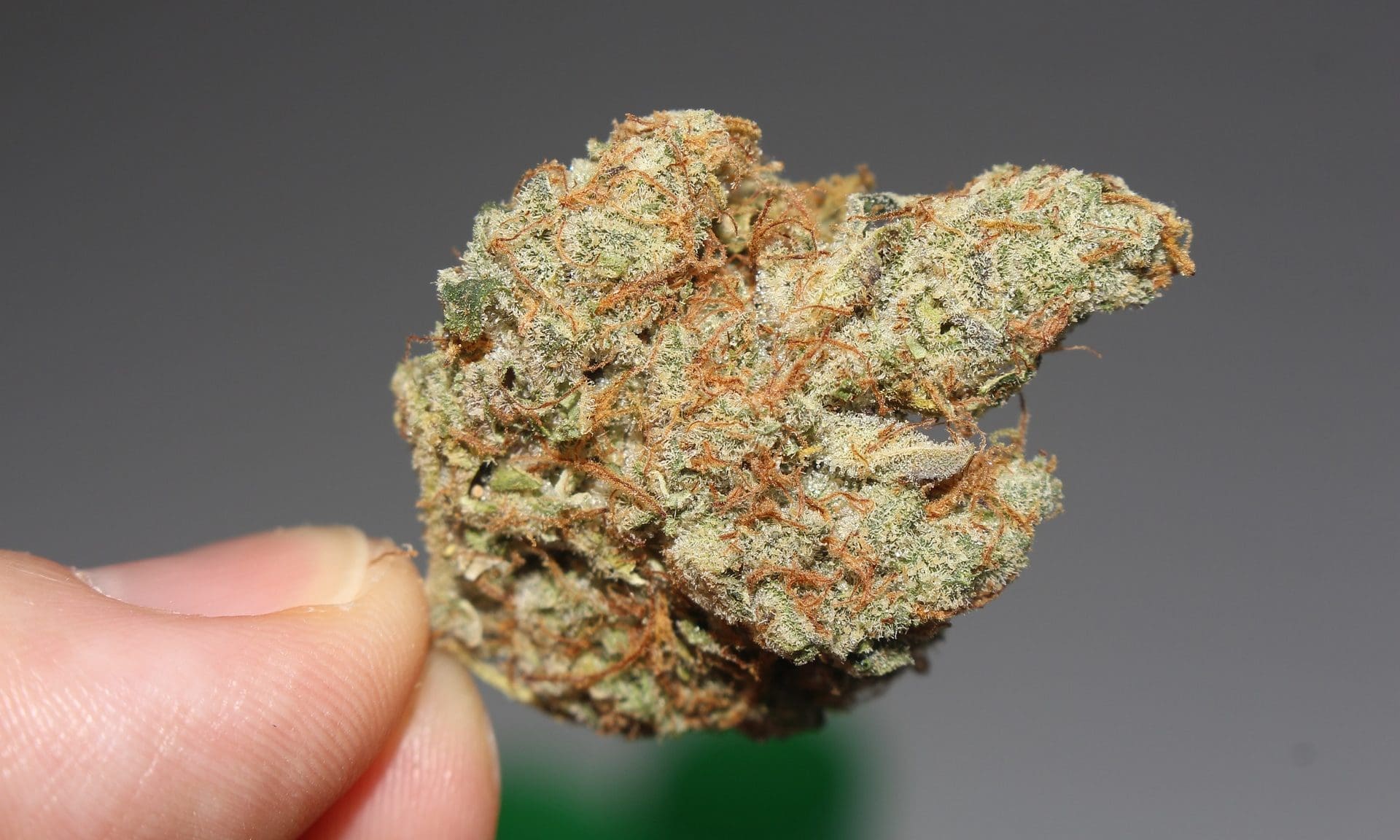
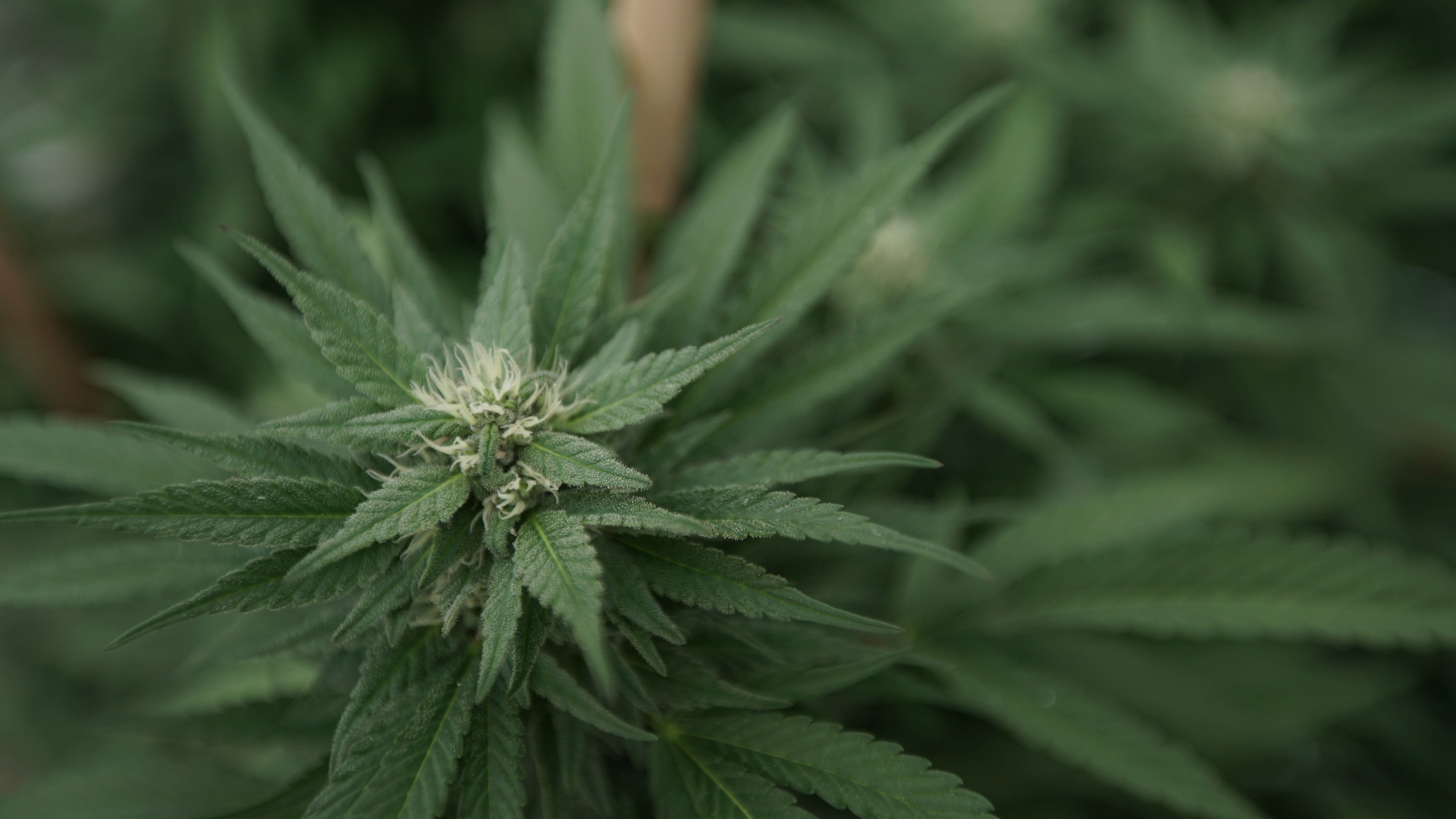
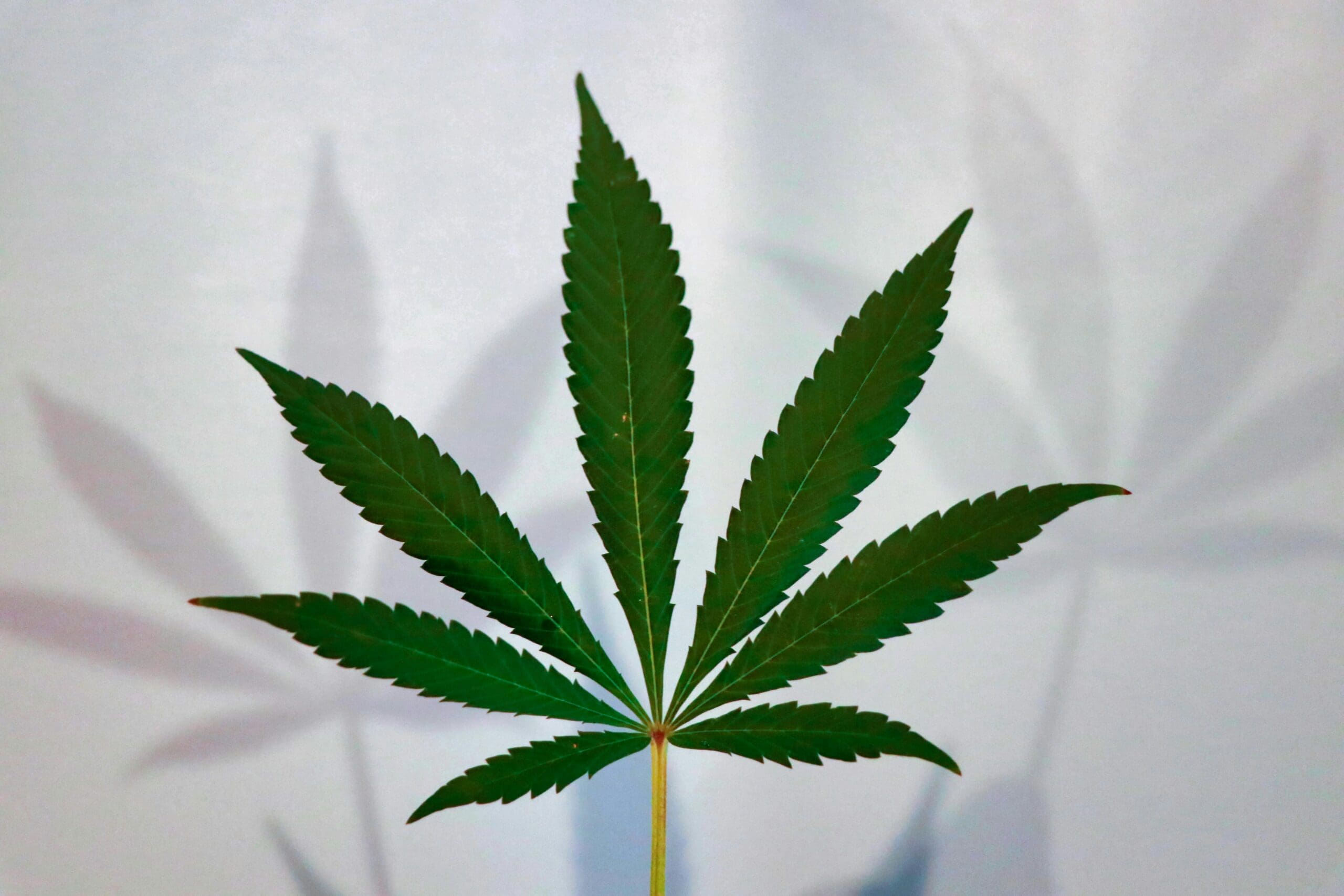
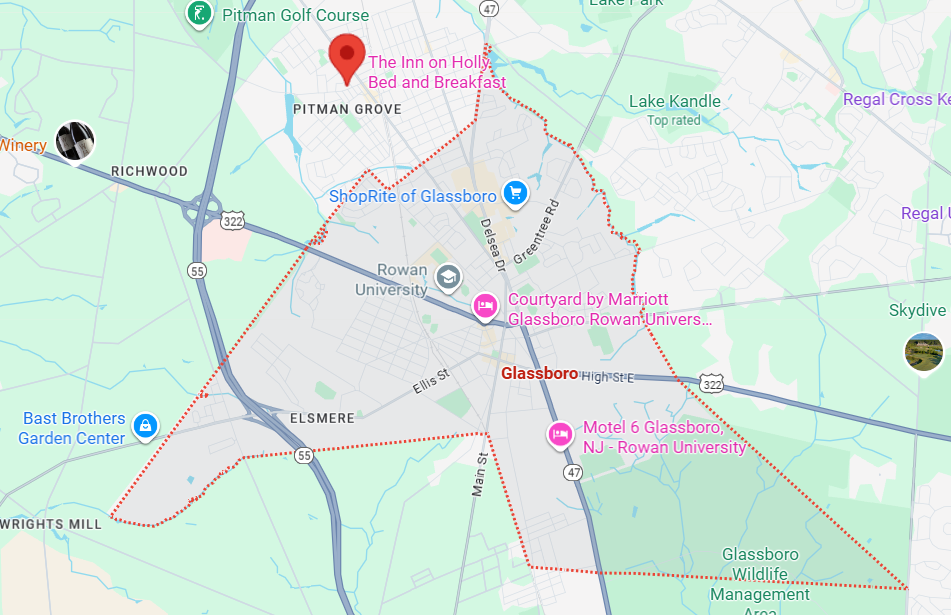
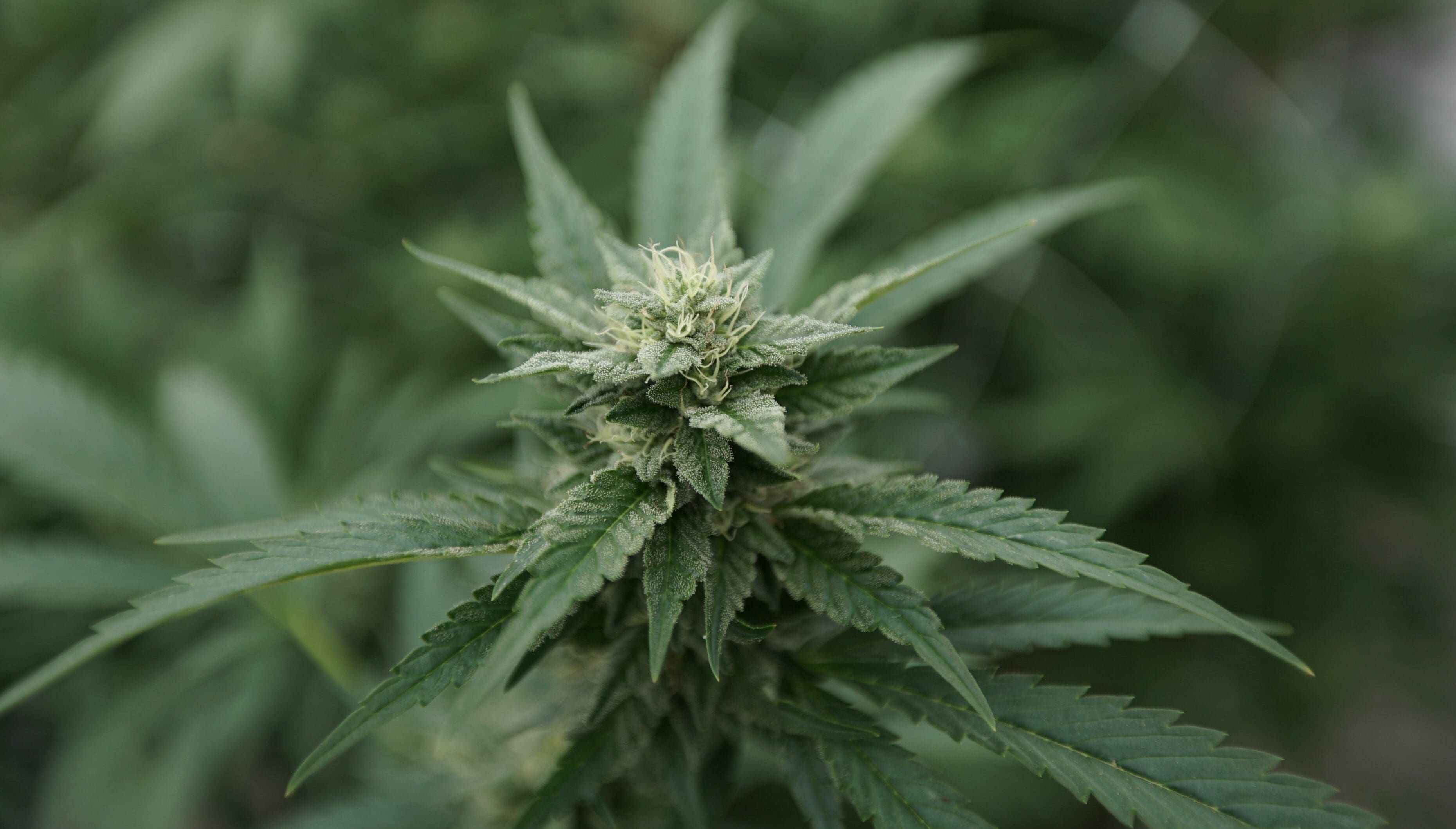
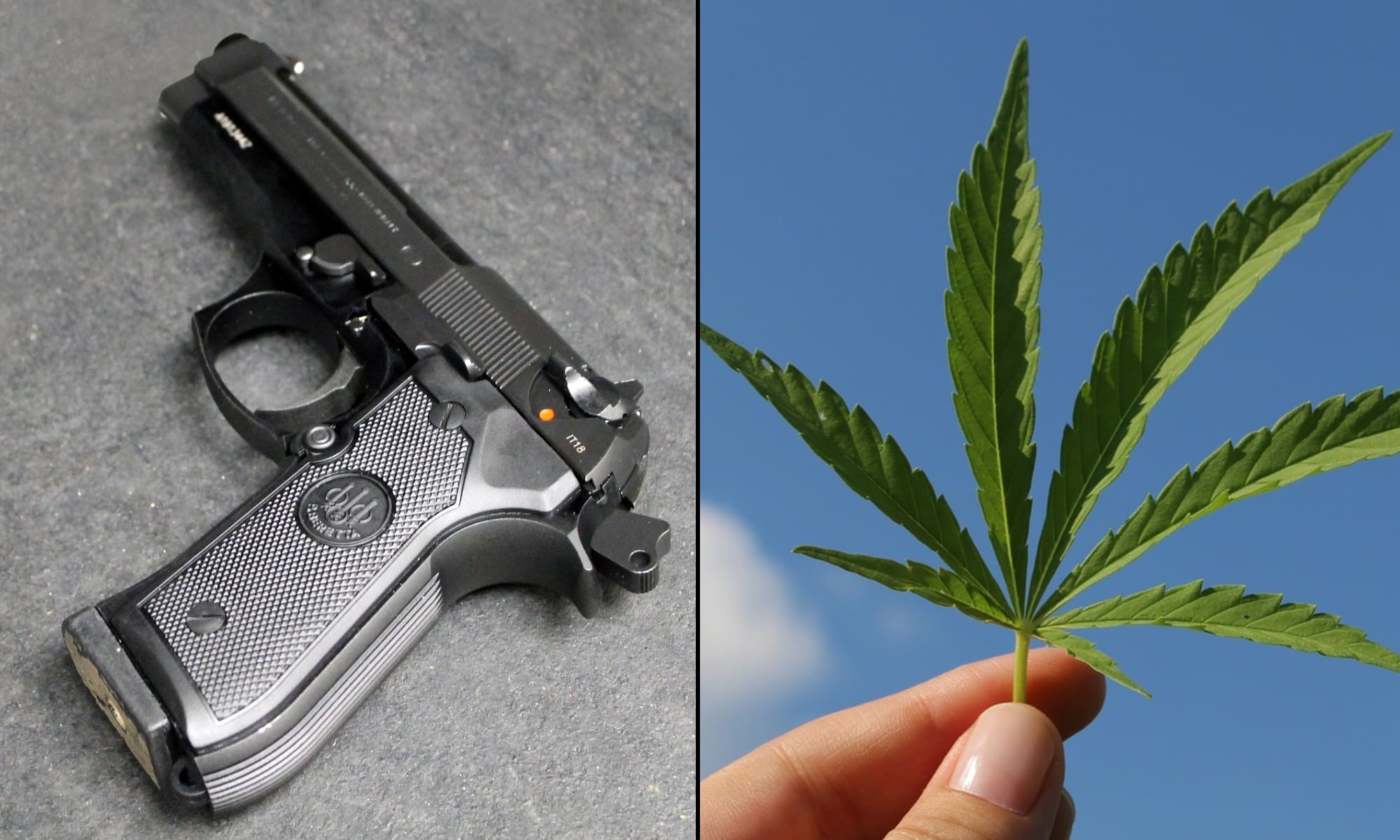
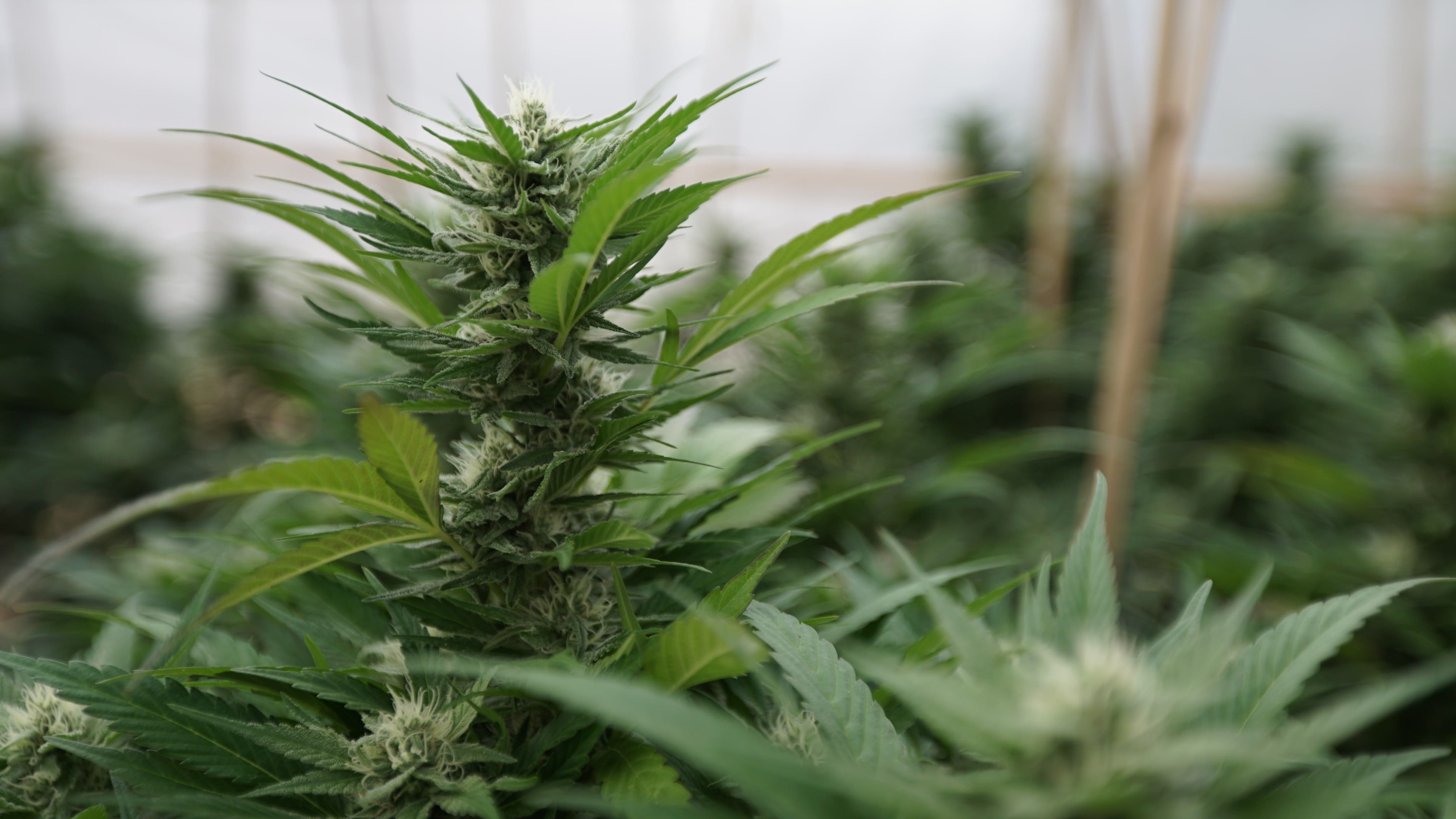

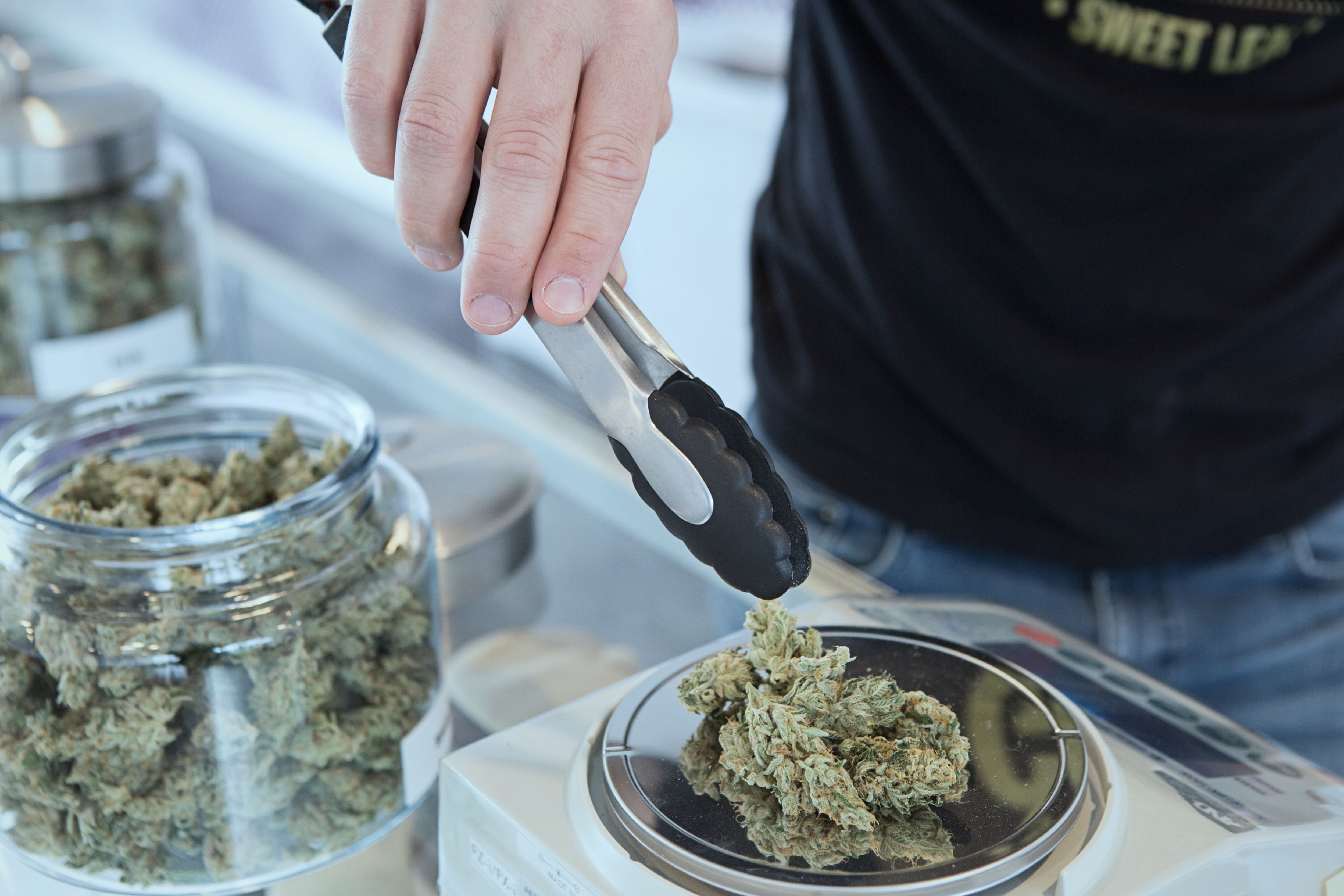

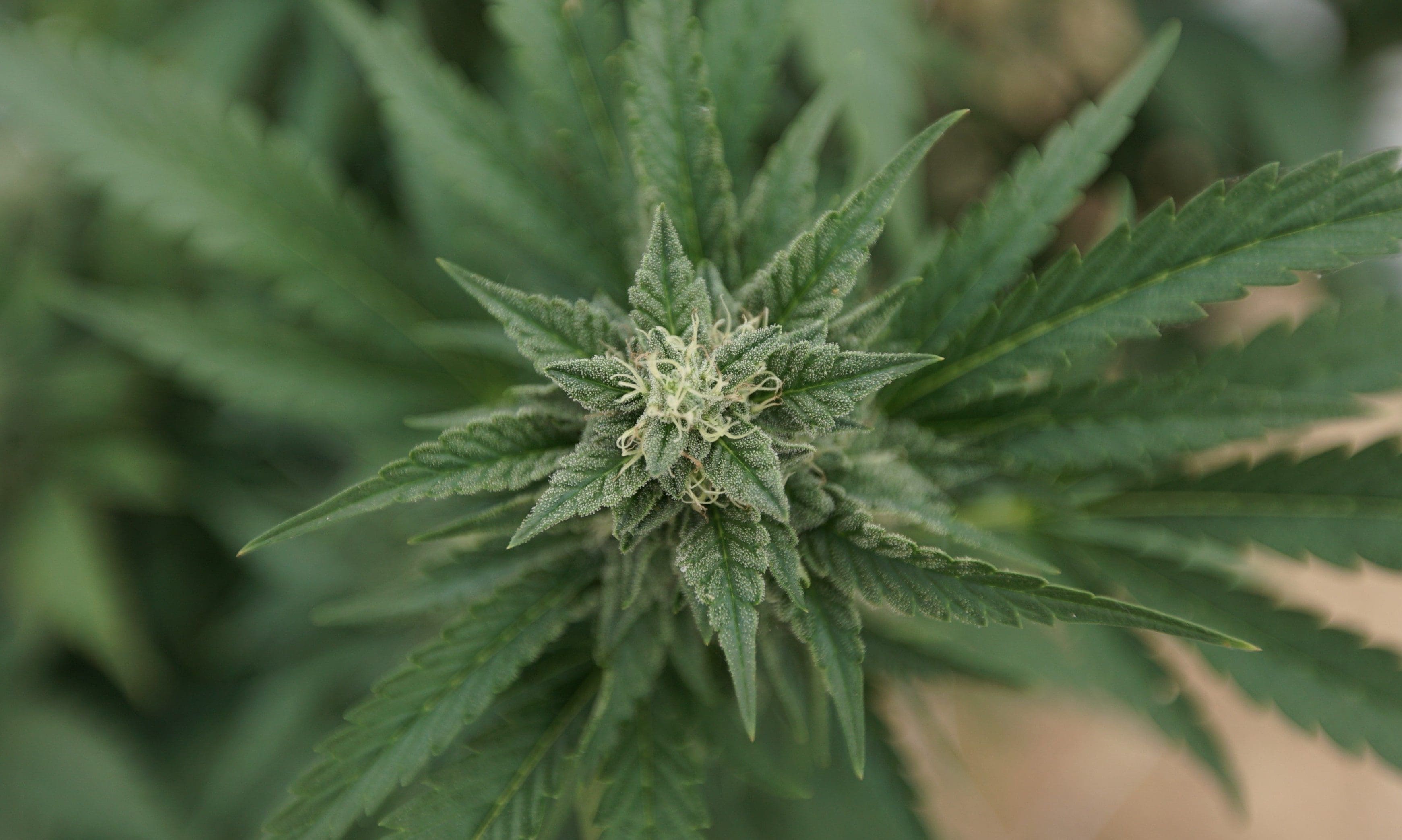

I thought it was another feeble attempt to use volume speculation to push Epstein out of the news. Why not both?